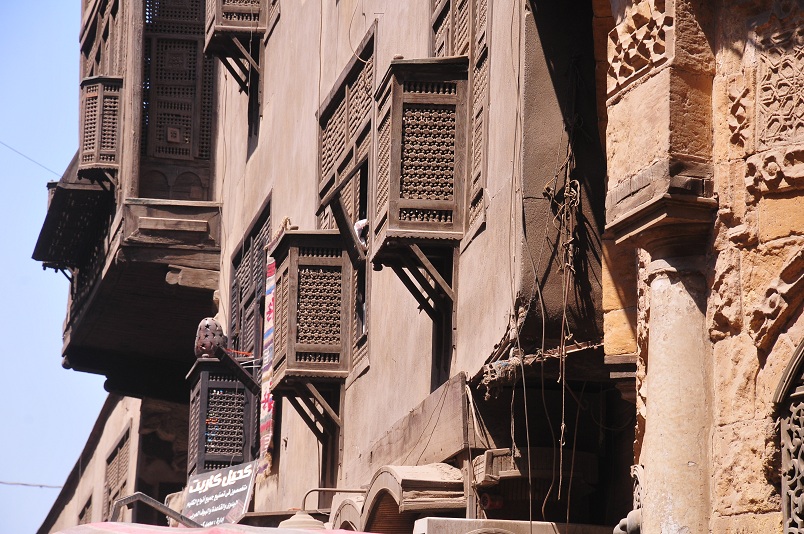“There is God between me and every breath that I take.” With such profound lyrics and enchanting music, the fourth edition of the Sufi Music and Chanting Festival got off to a captivating start.
Eleven troupes from 11 different countries, with different styles of singing and disparate rhythm, scale and even language, came together to sing in praise of God. “Each religion may call God by a different name — be it Allah, Jesus, Moses or Krishna but they are all thinking of God. Their way of reaching out to God maybe different, but their destination is the same,” explains Chanchal Bharti, the female lead singer of the group from India.
Together, with her eight-member troupe, Bharti is presenting the Qawwali form of Sufi singing, which she has been performing for the last 20 years. Qawwali is a form of Sufi devotional music that was conceived by the Sufi poet-musician Amir Khusru in the late 13th century in India by fusing the Indian and Persian musical styles. Over the years, a ‘lighter’ version of qawwali has been popularised by Bollywood but traditionally, it is the music that is sung at the shrines of saints in India.
“This style of Sufi singing is completely different,” avers Bharti, “The rhythm is extremely slow…the singer is like an innocent child who repeats his love for God over and over again.” Typically, a qawwali begins with a qaul, (a song in praise of Allah), goes on to naat (in praise of Prophet Mohamed), then manqabat, etc.
Bharti is no stranger to performing with different styles, different languages and different genres of music. With only a couple of days’ of practice with the participating troupes from the other countries, Bharti and her group were able to adjust their scale and rhythm to deliver what Dr Intessar Abdel Fattah, the conductor and choreographer of the Festival, wanted. “The most difficult challenge was getting the rhythm right; Qawwali is sung to a much slower beat, but Dr Intessar wanted a much faster rhythm to blend in with the other performing groups,” reveals Bharti.
“I always dreamt of performing as a singer to thundering applause,” says Bharti. This desire is what gave her the strength to persevere with her chosen path of being one of the very few female Qawwali exponents in India.
Conventionally, Qawwali is considered more suitable for the male voice and so Bharti has had her fair share of struggle to find acceptance as a qawwali singer. “People are skeptical as to whether a female voice will have the strength and the energy to render a qawwali composition,” she explains. Additionally, Sufi singing is considered to be a male domain and there was an instance when a proposed performance by Bharti’s group to a country in the Far East was cancelled because the hosts did not want a female artist to perform Sufi singing.
But she never thought of throwing in the towel even once. “If you get something easily, there is no satisfaction. If something is hard to get, then it is more appealing.”
For Bharti, the bigger challenge was handling the opposition from her family. Coming from a family of conservative farmers, her passion for music forced her father to permit her to take up classical singing. Belonging to the holy city of Benares in India, she was exposed to the qawwali form of singing from an early age as it was part of every major festival in the city.
Apart from training in music, as a qawwali singer, she is also well-versed in Persian, Urdu and Hindi.
She has worked particularly hard on the Sufi style of singing. “It is important to understand completely what God is all about … most importantly, a Sufi singer needs to be spiritually inclined,” stresses Bharti.
The Qubbet Al-Ghouri, as a venue for the Festival, definitely has its charm, with the mashrebeya latticed balconies and subtle lighting. But considering the fact that there was a near stampede to get in on the opening night, the organizers should think about conducting the Festival at a larger venue.
Many went disappointed from the gates of the venue since there was not even standing room in the 16th century courtyard of the Ghouri complex. The other snag was with the sound system, which had Dr Intessar repeatedly gesturing, during the performance, to correct the imbalance.
But despite these drawbacks, the evening was a convincing trailer to the encore that is to take place until the 25th of this month.


